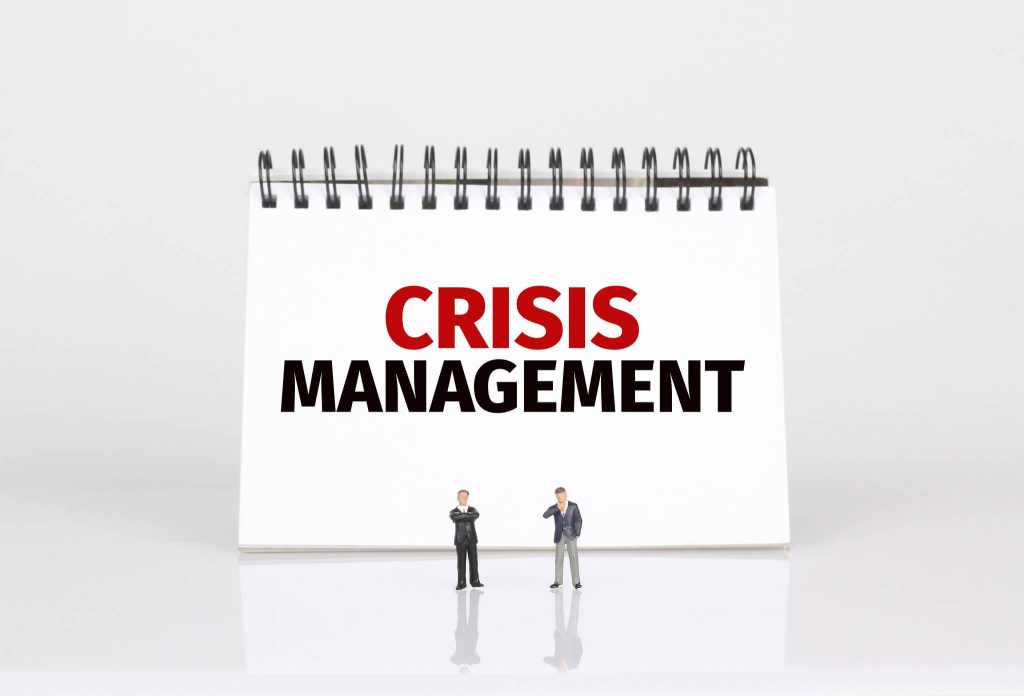It is essential to differentiate yourself from the competition and build a reputation as an industry leader in today’s fast-paced business environment. Many firms ignore the power of public relations (PR), despite the fact that marketing and advertising are essential to reaching this goal. We will talk about the advantages of good PR and how it may boost your company’s success in this blog post.
What is Public Relations (PR)?
PR is the process of establishing and preserving relationships between a company or organization’s target market. With stakeholders including customers, investors, staff members, and the media, PR aims to build a positive perception of the brand and develop credibility.

Public relations is a strategic communication process that builds mutually beneficial relationships between organizations and their publics.
PRSA
Why Your Business Needs PR
1. Build brand awareness and reputation
Building brand awareness and establishing a solid reputation for a company in a certain industry are two things that effective PR strategies could help with. Companies may reach a larger audience and establish themselves as thought leaders in their industry by developing appealing stories and messaging and utilizing media channels.
The success of any firm depends on its reputation and brand recognition. In this context, public relations (PR) is extremely important since it enables companies to tell their target market about their special value proposition. PR can assist companies in obtaining favorable media coverage and generating buzz for new goods and services, making it an effective technique for increasing brand awareness.
Businesses can increase the reach and impact of their PR initiatives by utilizing a number of media channels, including traditional media (TV, radio, print), digital media (social media, blogs, podcasts), and industry-specific media.
Building credibility and trust with stakeholders also requires having a good reputation. By showing their knowledge and authority, PR may assist companies in becoming thought leaders in their industry. Businesses can gain consumers’ and investors’ trust and loyalty by presenting themselves as industry authorities.
2. Enhance credibility and trust
PR is a crucial strategy for winning over stakeholders’ credibility and trust. A properly performed PR campaign can assist firms in establishing their knowledge and authority in their industry, which can improve customer and investor trust and loyalty.
Businesses aiming to build lasting relationships with their stakeholders must prioritize building credibility and trust. A good reputation can assist businesses in both gaining and keeping clients. By establishing themselves as subject-matter authorities and showing their knowledge through thought leadership content and media coverage, PR can assist companies in gaining credibility and trust from their target audiences.
3. Crisis management
Businesses must be ready for crises in today’s world of nonstop news coverage. Businesses may manage crises and safeguard their reputation in the event of harmful press or events by implementing effective PR strategy.

Any PR strategy must include crisis management as a key element. Businesses must be ready for crises and have a strategy in place to handle bad press and safeguard their brand. By offering direction and support for crisis management, engaging with stakeholders, and minimizing the crisis’ effects on the firm, PR may assist businesses in navigating these crises.
4. Increase sales and revenue
Sales and revenue can be significantly boosted via PR. Businesses can draw in new clients and keep their current ones by getting favorable media attention and creating buzz about new goods or services. Any business depends on its sales and revenue to survive.
By generating favorable media attention and building buzz around new goods or services, public relations can assist firms in boosting sales and revenue. Businesses may draw in new clients and keep their current ones by presenting themselves as thought leaders in their industry and demonstrating their knowledge.
Read also:
- Will AI Replace Copywriters And Content Writers in 2023?
- 15 Top Factors Why Google Is not Indexing Your Site
- How to Select the Best Social Media Platform For Business in Nigeria
Effective PR Strategies for Businesses

1. Develop a clear PR strategy
Creating a clear strategy that is in line with your company’s aims and objectives is crucial for PR success. Your target audience, messaging, media platforms, and key performance indicators (KPIs) should all be described in this strategy.
Businesses may increase the effectiveness of their PR operations and make sure they are successfully reaching their target audience by developing a clear PR strategy.
2. Build relationships with journalists and media outlets
Businesses that want to receive favorable media coverage must cultivate ties with journalists and media outlets. Businesses can improve their chances of reaching a bigger audience by finding prominent journalists and media outlets in their field and forming partnerships with them.
Businesses might start by investigating media outlets that cover their industry and identifying key journalists who write about subjects relevant to their business to develop relationships with journalists and media outlets. Then, they can contact these journalists via email or social media, introduce their company and themselves, and offer to offer knowledgeable commentary or insights on pertinent subjects.
3. Leverage thought leadership content
In order to build authority and thought leadership in your industry, your thought leadership content is an effective tool. Businesses can establish themselves as subject matter experts and thought leaders in their market by disseminating insightful and interesting material on themes relating to that industry.
Businesses might start by deciding what subjects are important and relevant to their target audience in order to leverage thought leadership information. They can then provide interesting material, such as blog articles, white papers, and case studies, that offers important insights and data on these subjects.
4. Monitor and measure PR efforts
Businesses have to regularly evaluate the results of their PR strategies to make sure that they are successful. This entails keeping tabs on engagement metrics, media coverage, and other KPIs in order to evaluate the effectiveness of their PR strategy and make the required corrections.
Businesses may track and measure the success of their PR initiatives using a variety of metrics and technologies. For instance, media monitoring tools, sentiment analysis tools, and engagement metrics can all assist firms in tracking media coverage, assessing the tone of media coverage, and gauging the effect of PR campaigns on their intended audience.
Conclusion
Effective PR strategies are crucial for firms trying to establish a good reputation, build credibility and trust with stakeholders, manage crises, and boost sales and revenue in today’s cutthroat business environment. Businesses may unleash the power of PR and increase their level of business success by creating a clear PR plan, cultivating partnerships with journalists and media outlets, utilizing thought leadership content, and tracking and measuring their PR efforts.